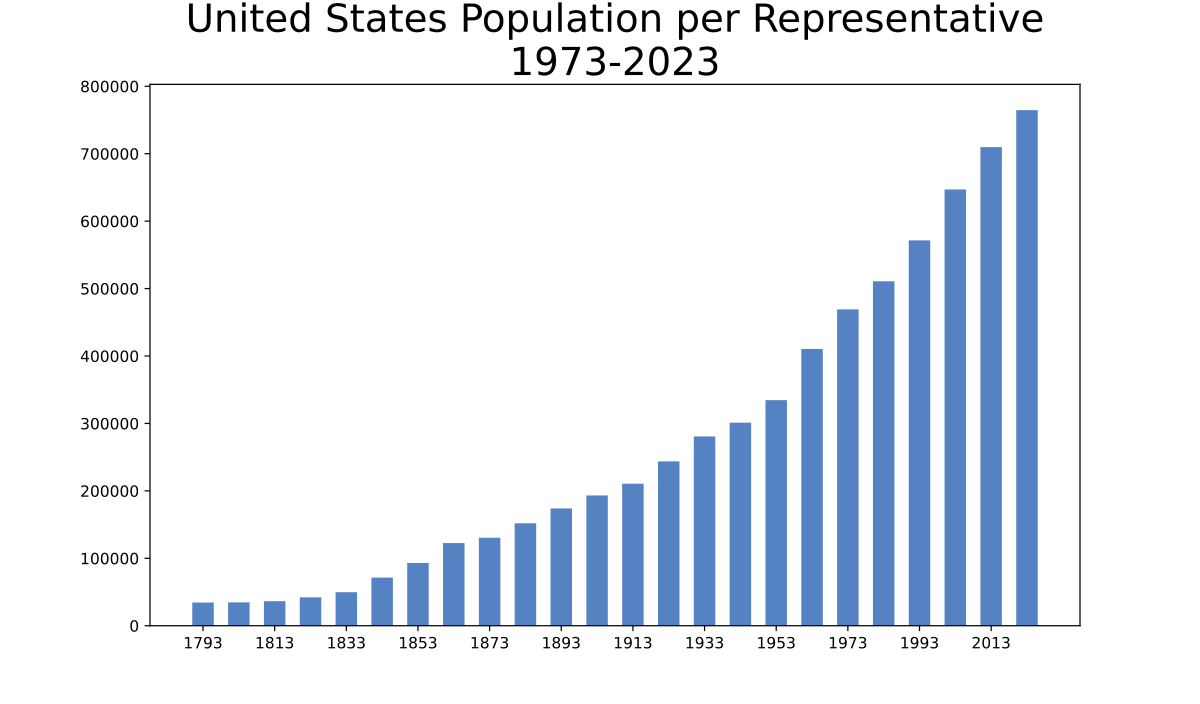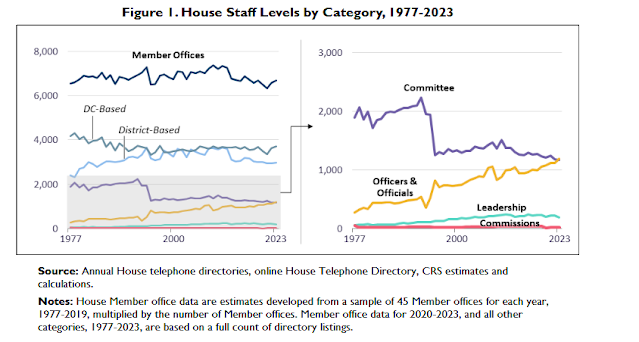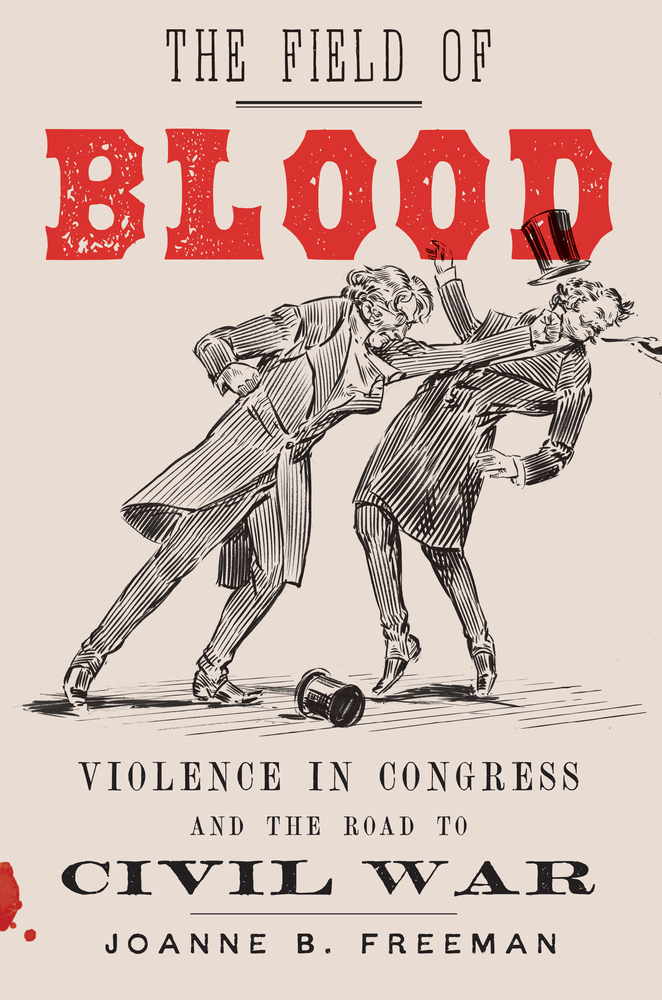US Congress
CMC Government 101 Spring 2025
Tuesday and Thursday 11 AM-12:15 PM
Kravis LC62
J.J. Pitney
Office: Kravis 232
Student Hours: Tue, Wed 1:30-2:30 pm
and by appointment
General
Woodrow Wilson wrote: "Like a vast picture thronged with figures of equal prominence and crowded with elaborate and obtrusive details, Congress is hard to see satisfactorily and appreciatively at a single view and from a single stand-point. Its complicated forms and diversified structure confuse the vision, and conceal the system which underlies its composition. It is too complex to be understood without effort, without a careful and systematic process of analysis."
In this course, we shall undertake such analysis. We shall ask how lawmakers behave at home, on Capitol Hill, and on the national stage. We shall study Congress's procedures and structures, with an eye to explaining why some bills pass while others languish.
Classes
Class sessions will include lecture and discussion. Finish each week's readings before class because our discussions will involve those readings. We shall also talk about breaking news stories about Congress, so you must read a good daily news source such as Politico or Axios.
Blog
Our class blog is at http://gov101.blogspot.com. I shall post videos, graphs, news stories, and other material there. We shall use some of this material in class, and you may review the rest at your convenience. You will all receive invitations to post to the blog. (Please let me know if you do not get such an invitation.) I encourage you to use the blog in these ways:
- To post questions or comments about the readings before we discuss them in class;
- To follow up on class discussions with additional comments or questions.
- To post relevant news items or videos.
Grades
The following will make up your course grade:
- Two three-page papers: 15% each
- One five-page paper: 25%
- Simulation and writeup: 30%
- Participation, blog: 15%
Details
- The papers will develop your research and writing skills. In grading, I will take account of the quality of your writing, applying the principles of Strunk and White’s Elements of Style. If you object, do not take this course, or anything else that I teach.
- The simulation will require you to study your part and spend several sessions in character.
- Participation includes your activity in class and online. I will call on students at random, and if you often miss sessions or fail to prepare, your grade will suffer. In addition, you may volunteer comments and questions. This experience will hone your ability to think on your feet. By Thursday of every week, moreover, you will also email me brief (250 words max) reflections on the readings and class discussions.
- In addition to the required readings (below), I may also give you handouts, emails, and web links covering current events and basic factual information.
- Check due dates for coursework. Do not plan on extensions.
- As a courtesy to your fellow students, please arrive on time, and refrain from eating in class.
- Except as a documented disability accommodation, please do not use electronic devices (tablets, laptops, smartphones) in class. Take notes the old-fashioned way, by hand, on paper. Why? Research suggests that it works better.
- Plagiarism and other forms of academic dishonesty are not victimless offenses, because they hurt fellow students. Please study our Statement of Academic Integrity, which reads in part: "The faculty of Claremont McKenna College is firmly committed to upholding the highest standards of academic integrity. Each faculty member has the responsibility to report cases of academic dishonesty to the Academic Standards Committee."
- This class welcomes viewpoint diversity. See: https://heterodoxacademy.org/library/advice-on-syllabus-language/
- Your experience in this class matters to me, and I have a particular interest in disability. If you have set up accommodations with Accessibility Services at CMC, please tell me about your approved accommodations so we can discuss your needs. You can start by forwarding me your accommodation letter. If you have not yet set up accommodations but have a temporary health condition or permanent disability, please get in touch with Ari Martinez, Associate Director of Accessibility Services, at accessibilityservices@cmc.edu to ask questions and start the process. For general information and the Request for Accommodations form, go to the CMC Accessibility Service’s website
Required Books [Make sure that you get the correct edition of the Davidson book.]
- Roger Davidson, et al., Congress and Its Members, 19th ed. (Washington: CQ Press, 2024).
- Jill Lawrence, The Art of the Political Deal (independently published, 2017).
The schedule is subject to change, with advance notice.
Jan 21, 23: Two Political Branches, Two Chambers, Two Congresses, Two Parties
"It's hard to overstate the extent to which Democrats and Republicans inhabit different worlds in Congress. Our parties meet separately and organize separately, from the broad division of House members into a Republican Conference and a Democratic Caucus to the structure of every committee, most staff positions, and even social clubs -- the Capitol Hill Club for Republicans, the National Democratic Club for Democrats." -- Liz Cheney
What are the major functions of Congress? What are the dualities of Congress?
Jan 28, 30: Congressional History
"When the House moved to larger windowless quarters in 1857, the acoustics improved but the air didn’t. This wasn’t just a matter of cigar smoke, whiskey fumes, and body odor. A series of climate studies revealed the scope of the problem: no air was circulating in the chamber, and the wisp of a draft that rose through the floor grates had to pass through a layer of `lint, dirt, tobacco quids, expectoration, and filth of every sort.'" -- Joanne Freeman
How does today's Congress compare with that of the past? Have lawmakers gotten better or worse? What happened on January 6, 2021?
- Davidson, ch. 2
- Excerpts from Joanne B. Freeman (PO `84), The Field of Blood: Violence in Congress and the Road to Civil War (New York: Farrar, Straus and Giroux, 2018).
THREE-PAGE PAPER ASSIGNED BY JAN 28,
DUE BY FEB 7.
Feb 4, 6: Congressional Elections, Hill Style, Home Style and US Style
"In a strategy memo she wrote in 2021, [Rep. Nancy] Mace described herself as “THE freshman thought leader on federal issues,” according to a copy obtained by The Daily Beast. She even gave herself a brand name: “NATIONAL NANCY.” -- Jake Lahut
How do congressional candidates emerge onto the scene? What accounts for the party balance in the House and Senate? How do incumbents hold their seats? How do members present themselves to colleagues, constituents, and the national public"
Feb 11, 13: Parties and Leadership
“If there’s a secret ballot, Mr. President,” Mr. Schumer said, “my guess is you at most get five yeses.”
“Really?” Mr. Biden responded.
“I know my caucus,” Mr. Schumer told him. “You know I know my caucus.”
Mr. Biden nodded.
How do leaders and followers influence each other on Capitol Hill?
- Davidson, ch. 6.
- John Boehner, On the House (New York: St. Martin's, 2021). EXCERPT
. Feb 18, 20: Process
“If I let you write the substance and you let me write the procedure, I’ll screw you every time.” -- Rep. John Dingell
Who writes the bills, and how? What is the role of congressional committees?
FIVE-PAGE PAPER ASSIGNED BY FEB 18,
DUE MAR 7.
Feb 25, 27: Process, Interest Groups, and Decision Making
"If procuring votes with offers of employment is what you intend, I’ll fetch a friend from Albany who can supply the skulking men gifted at this kind of shady work. Spare me the indignity of actually speaking to Democrats. Spare you the exposure and liability." -- William Seward (David Strathairn) in Lincoln
How do members decide how to vote? What is the relative influence of leadership, constituency, and ideology? How the "outside game" of media politics complement the "inside game" of legislative maneuvering?
March 4, 6: The Art of the Political Deal
“`Bipartisan work is as basic as the American covenant, E pluribus unum, out of many, one,' Sen. Raphael Warnock, a Georgia Democrat, said recently on NBC’s Meet the Press. In 2022, he ran a memorable campaign ad about his unlikely work with conservative Texas Sen. Ted Cruz on an interstate highway extension connecting military communities in their states. His tagline: `I’ll work with anyone if it means helping Georgia.'" -- Jill Lawrence
How do lawmakers engage in deliberation and bargaining?
March 11, 13: Congress and the Executive I
“If Donald Trump says, ‘jump three feet high and scratch your head,’ we all jump three feet high and scratch our head." -- Rep. Troy Nehls (R-TX)
How do the executive and legislative branches check each other? Do they intrude on each other's legitimate authority? Does unified government erode checks and balances?
March 18, 20: Spring Break
"I saw you with your sword earlier, You're petty handy with that thing. Have you ever heard of LARPing?" –LARPer in Hawkeye
The simulation will take place both during class time (live) and in the evening (via Zoom). Participants will decide on evening times.
SIMULATION WRITEUP DUE IN SAKAI DROPBOX
BY FRIDAY, APRIL 11
Apr 8, 10: Congress and the Executive II
"[Katie Porter] started out by asking [Postmaster Genral Louis} DeJoy what the price of a first-class stamp is. DeJoy responded, correctly, that the cost is 55 cents. But Porter kept going. `What about to mail a postcard?' she asked. `I don’t know, ma’am,' DeJoy replied. He also missed a question on greeting cards. `I’ll submit that I know very little about postage stamps,' DeJoy said."
How does Congress try to control the bureaucracy? How do the branches battle for control of information?
Apr 15, 17: Courts, Impeachment, and Congressional Ethics
"U.S. Rep. Adam Schiff’s Senate campaign said Wednesday that the California Democrat had raised $8.1 million over the past three months, a period that includes his recent censure by the Republican-led House." -- Michael Blood, AP
How does Congress try to influence the composition of the judiciary? Why have impeachment and censure lost their symbolic power?
- Davidson, ch. 12
- Readings on congressional disciplary action.
Apr 22, 24: Budgets and Domestic Policy
Today, Congressman Bill Huizenga (MI-04) announced the introduction of H.R. 263, the Stop Trying to Obsessively Vilify Energy (STOVE) Act. Recently, federal regulators have openly expressed their desire to ban gas stoves with a commissioner of the U.S. Consumer Product Safety Commission (CPSC) stating, “any option is on the table.” The STOVE Act preempts this bureaucratic overreach by prohibiting federal agencies from moving to ban gas stoves and similar gas-powered appliances.
What is domestic policy? How does Congress handle issues such as employment and health care?
- Davidson, ch. 14.
- Readings on current domestic issues, TBA.
THREE-PAGE PAPER ASSIGNED BY APR 22,
DUE IN SAKAI DROPBOX BY MAY 7
Apr 29, May 1: National Security and the Two Congresses
"Dear members of the Congress, representatives of both parties who also visited Kyiv, esteemed congressmen and senators from both parties who will visit Ukraine, I am sure, in the future; dear representatives of diaspora, present in this chamber, and spread across the country; dear journalists, it’s a great honor for me to be at the U.S. Congress and speak to you and all Americans." -- President Volodymyr Zelensky
Can Congress effectively check the executive branch in wartime? Do lawmakers have the expertise and information to make decisions about national and homeland security?
- Davidson, ch. 15
- Readings on current foreign policy issues, TBA.
May 6: Reconsiderations
How are the two Congresses faring in 2025?








